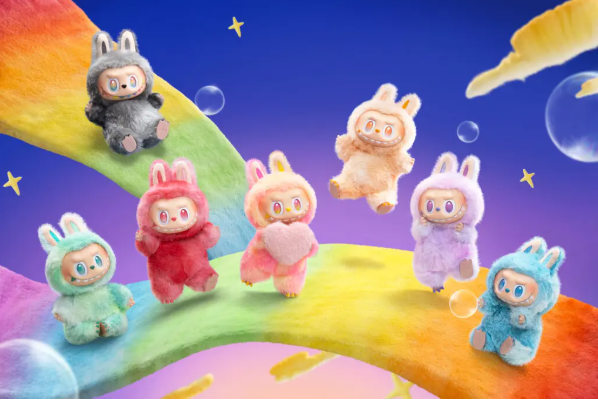The average American household contains around 300,000 items, according to the LA Times. From fast fashion to the latest trending items, consumer culture makes people think they need more, without acknowledging its wasteful effects.
Consumerism is the belief that excessive consumption of goods has a positive effect on the economy. It is the constant press to buy more, driven by social influence, advertising, or the fear of missing out.
With new trends popping up on social media every second, it can be difficult to avoid the desire of wanting to join in on the fun. The United Nations International Resource Panel found that the global consumption of materialistic goods has over-quadrupled since 1970, growing to over 100 billion metric tons every year. They also found that less than eight percent of these resources are currently reused, leaving the majority of the items disposed of carelessly.
When an item of clothing becomes popular, businesses will take the design and make it with cheaper materials, so it can be mass-produced, also known as fast fashion. Consumers purchase the clothing, but once there is a new trend to fill its place, out it goes. The Environmental Protection Agency (EPA) found that Americans generate 16 million tons of material waste each year, with 81.2 percent of this waste either sent to the landfills or burned, polluting not only the land, but the air as well.
It is not just the consumption of fast-trending clothes that has a harmful effect on the earth, but object trends as well. Recently, popular items such as Labubus or Sonny Angels have amounted to countless videos made about why you “need to have one,” but once the next big thing comes around, all these get thrown out and replaced, until the cycle happens again.
Consumerism does not only lead to excessive waste, but resource depletion as well. Influenced by industrial and consumer demand, The Guardian estimates that raw material extraction is projected to rise by 60 percent by 2060. This means that raw materials that could be used for more beneficial reasons are instead being taken from the earth and used to make products that end up in landfills a few months later.
Earth Overshoot Day happens when humanity uses resources faster than the earth can replenish them. Each year, this day comes earlier and earlier, with it falling on July 24th this year. Since passing this date, the world has started living in an unsustainable consuming cycle that leads to ecological damage and resource scarcity. Consumerism contributes to moving this day forward, because it takes natural resources to make the products that people end up throwing away, instead of using the resources to make products that can be put to better use.
The constant cycle of overproduction and overconsumption puts the current world in trouble, as well as the future. As the demand for material goods increases, so does the rate at which natural resources deplete. Consumerism assists the increase of greenhouse gas emissions and accelerates climate change, which weakens Earth’s ability to support the generations to come.
In a world driven by the constant urge to buy more, it is easy to fall into the trap of the consumer cycle. Before buying into the latest trend, people should start to question what price is actually being paid.




